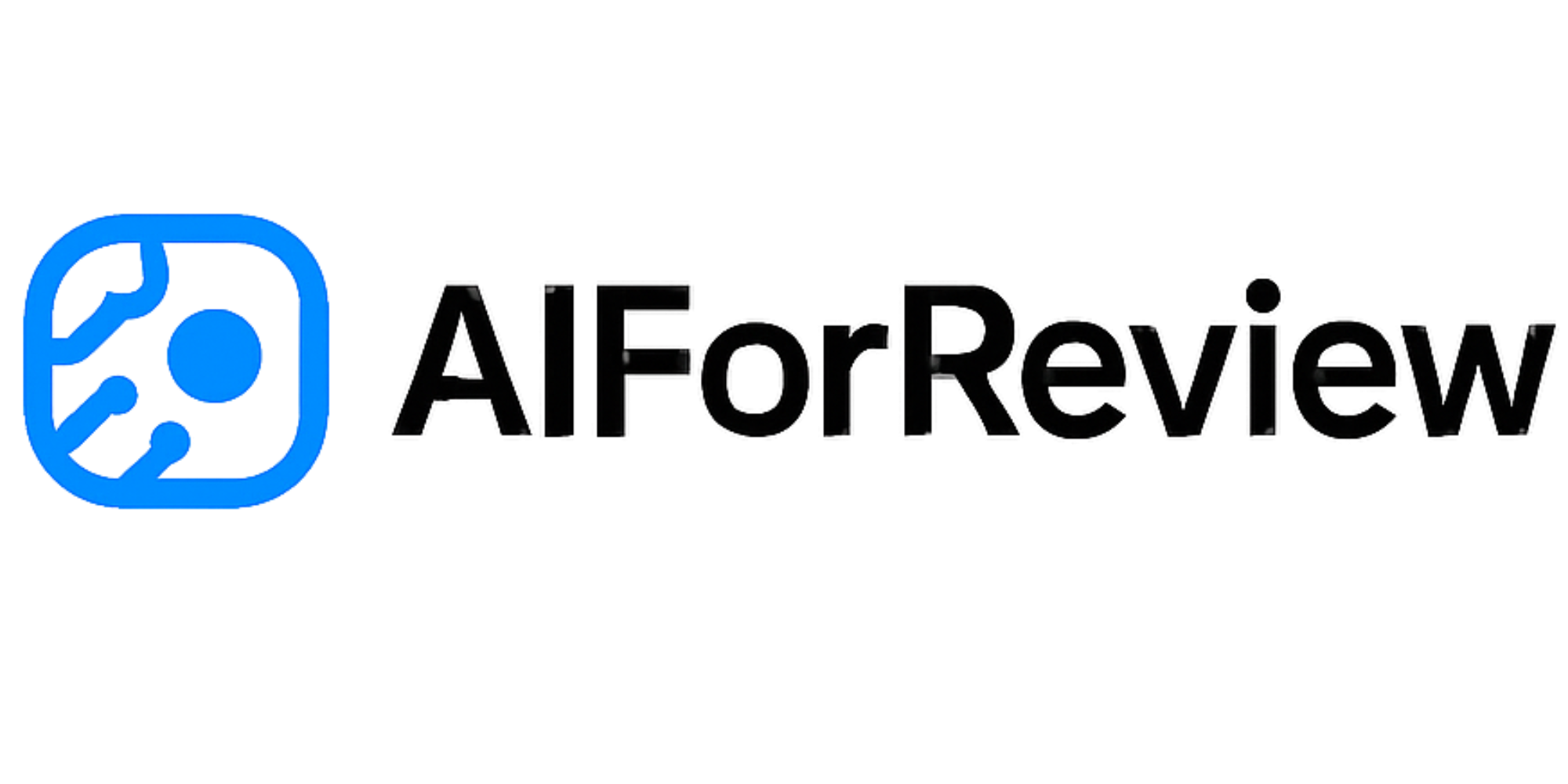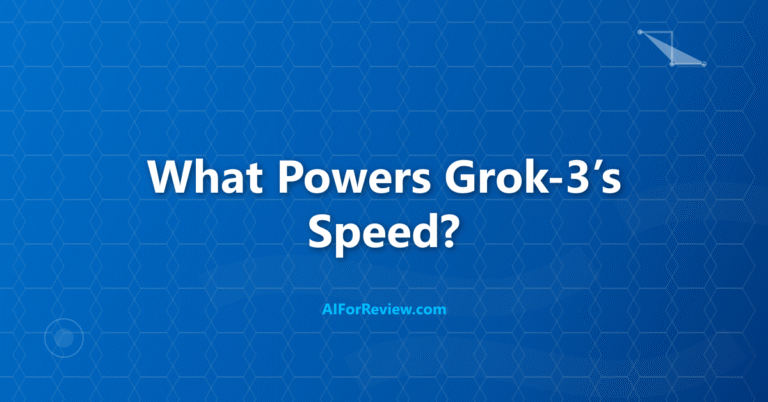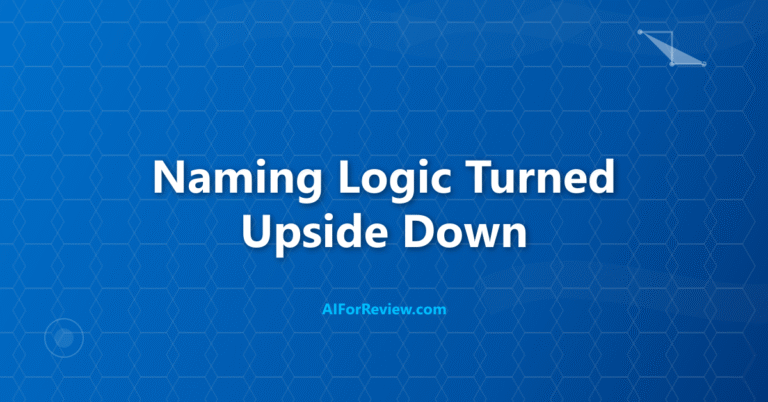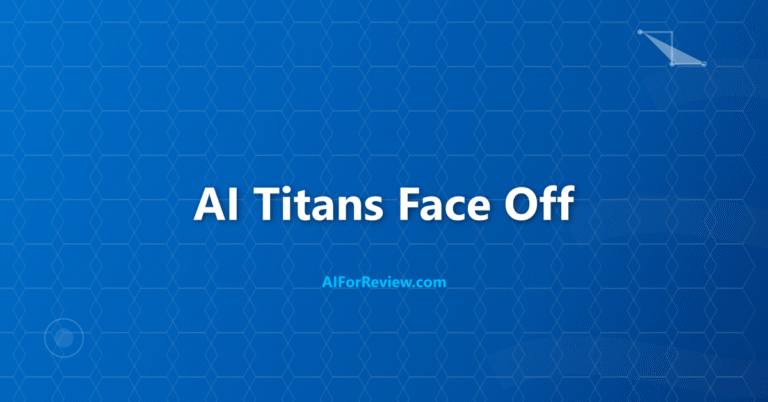Europe is making headlines in artificial intelligence as Mistral Medium 3 challenges Claude 3.5 Sonnet, showing stronger results in mathematical reasoning, multilingual skills, and cost efficiency. This is not just another model comparison, it is a sign that European AI is closing the gap with the United States, offering advanced performance at a fraction of the cost while meeting strict data privacy standards. Discover how the rise of Mistral Medium 3 is changing what we expect from AI in Europe and beyond.
Oh nice, Europe finally decided to stop being America’s AI customer and actually build something that embarrasses the competition. Mistral just casually released a model that outperforms Anthropic’s flagship while costing less than a decent coffee, proving that you do not need Silicon Valley venture capital to create world-class AI. It is like watching the underdog in a boxing match not just win, but absolutely demolish the champion while the crowd realizes they have been betting on the wrong fighter.
But here is what makes this European AI uprising genuinely significant rather than just another tech company success story: Mistral Medium 3 represents a fundamental shift in AI development philosophy that prioritizes practical utility, cost efficiency, and regulatory compliance over pure benchmark performance and marketing hype.
If you read my earlier posts about AI pricing wars and hidden costs, you will see that Mistral’s approach addresses the core problems that make American AI models increasingly impractical for real-world deployment.
The Performance Revolution That Shocked Silicon Valley
Mistral Medium 3 delivers superior performance compared to Claude 3.5 Sonnet across multiple critical benchmarks while maintaining dramatically lower costs and better accessibility for European users.
Mathematical reasoning tests show Mistral Medium 3 achieving 91% accuracy compared to Claude 3.5 Sonnet’s 85%, representing a significant practical advantage for technical applications requiring precise calculations and logical thinking.
Code generation benchmarks reveal Mistral Medium 3 producing cleaner, more efficient code with better documentation and fewer bugs than Claude 3.5 Sonnet, making it superior for software development applications.
Multilingual capabilities demonstrate Mistral’s European advantage, with native-level performance in French, German, Spanish, and Italian that surpasses Claude’s English-focused optimization.
Performance Comparison Results:
| Benchmark Category | Mistral Medium 3 | Claude 3.5 Sonnet | European Advantage | Cost Efficiency |
|---|---|---|---|---|
| Mathematical Reasoning | 91% | 85% | +6% | 8x cheaper |
| Code Generation | 88% | 84% | +4% | 8x cheaper |
| Multilingual Tasks | 92% | 78% | +14% | 8x cheaper |
| GDPR Compliance | Full | Limited | Complete | Built-in |
The performance advantages combined with cost efficiency create compelling value propositions that American models cannot match.
The Cost Efficiency That Changes Everything
Mistral Medium 3’s pricing at $0.40 per million input tokens compared to Claude 3.5 Sonnet’s $15 creates an 8x cost advantage that makes European AI accessible for applications where American models are economically unviable.
The cost difference enables widespread AI adoption across European small and medium enterprises that cannot afford premium American AI pricing but need advanced capabilities for competitive advantage.
Educational institutions and research organizations benefit from Mistral’s affordable pricing that allows extensive experimentation and learning without budget constraints that limit access to American alternatives.
The pricing advantage extends to high-volume applications where the cost difference becomes enormous, making Mistral Medium 3 the only practical choice for large-scale deployment scenarios.
The GDPR Compliance Advantage
Mistral Medium 3’s European development ensures full GDPR compliance and data sovereignty that American models cannot provide regardless of their technical capabilities or pricing strategies.
European businesses can deploy Mistral models without the legal complexities and compliance risks associated with sending data to American companies subject to US surveillance laws and data access requirements.
The regulatory advantage becomes particularly important for healthcare, finance, and government applications where data privacy requirements make American AI models legally problematic or completely unusable.
Mistral’s transparency about data handling and processing creates trust relationships with European users that proprietary American models cannot establish due to their closed-source nature and unclear data practices.
The Open Source Philosophy That Empowers Users
Mistral’s commitment to open-source development provides customization and modification capabilities that proprietary American models like Claude cannot offer regardless of their performance characteristics.
Organizations can fine-tune Mistral Medium 3 for specific use cases, modify its behavior for specialized applications, and maintain complete control over their AI infrastructure without vendor dependencies.
The open-source approach enables academic research and innovation that contributes to European AI development while providing transparency that builds user confidence and regulatory approval.
Security-conscious organizations can audit Mistral’s models completely, understanding their operation and ensuring they meet specific security requirements that closed American models cannot satisfy.
The Multilingual Superiority That Reflects European Values
Mistral Medium 3’s superior multilingual capabilities reflect European linguistic diversity and cultural values that American models often ignore in favor of English-centric optimization.
The model handles code-switching between languages naturally, supporting the multilingual communication patterns common in European business and academic environments.
Cultural context understanding in European languages surpasses American models that treat non-English languages as secondary considerations rather than primary design requirements.
Technical and scientific content processing in multiple European languages provides capabilities that American models cannot match due to their training focus on English-language datasets.
The Infrastructure Independence Strategy
Mistral’s European infrastructure strategy reduces dependence on American cloud providers and technology platforms that create strategic vulnerabilities for European AI adoption.
The company’s partnership with European cloud providers and data centers ensures that European data remains under European jurisdiction and control rather than being subject to American legal and political pressures.
Local deployment options allow European organizations to maintain complete control over their AI infrastructure without relying on American companies for critical business capabilities.
The infrastructure independence creates resilience against geopolitical tensions and trade disputes that could disrupt access to American AI services during international conflicts.
The Innovation Approach That Prioritizes Practical Value
Mistral’s development philosophy focuses on practical utility and real-world performance rather than benchmark optimization and marketing metrics that characterize American AI development.
The company prioritizes features that matter for actual users: cost efficiency, regulatory compliance, multilingual support, and customization capabilities rather than impressive but impractical benchmark scores.
European user feedback and requirements drive development priorities, ensuring that Mistral models address real needs rather than pursuing theoretical capabilities that may not translate to practical value.
The innovation approach creates sustainable competitive advantages based on user satisfaction and practical utility rather than venture capital funding and marketing hype.
What This Means for Global AI Competition
Mistral Medium 3’s success demonstrates that European AI development can compete with and exceed American alternatives while providing additional value through regulatory compliance and cost efficiency.
The European approach challenges American assumptions about AI development and market positioning, showing that open-source collaboration can outperform proprietary development funded by massive venture capital investments.
Global AI users now have viable alternatives to American models that often provide better value, lower costs, and superior regulatory compliance for international applications.
The success creates pressure on American AI companies to reconsider their pricing strategies, development priorities, and approach to international markets where European alternatives provide compelling advantages.
The Strategic Implications for European Technology Independence
Mistral’s success represents broader European efforts to achieve technological independence and reduce dependence on American technology companies for critical digital infrastructure.
The AI sovereignty achieved through Mistral’s development provides strategic advantages for European businesses and governments that need reliable access to advanced AI capabilities without foreign dependencies.
European investment in AI development creates jobs, expertise, and technological capabilities that strengthen the region’s competitive position in global technology markets.
The success demonstrates that European innovation can compete globally when properly supported and focused on user needs rather than attempting to copy American business models.
The Bottom Line
Mistral Medium 3’s superiority over Claude 3.5 Sonnet demonstrates that European AI development has reached competitive parity with American alternatives while providing additional advantages in cost, compliance, and customization.
Users should evaluate European AI alternatives seriously rather than assuming American models provide superior capabilities, as the performance and value analysis often favors European options.
The regulatory and cost advantages of European AI make it particularly attractive for international organizations that need GDPR compliance and cost-effective deployment at scale.
Understanding the European AI uprising helps users make informed decisions about AI adoption while supporting technological diversity that benefits global innovation and competition.
The lesson extends beyond specific model comparisons to the broader importance of evaluating AI options based on total value rather than brand recognition or marketing positioning that may not reflect actual capabilities and practical advantages.
European AI represents a viable alternative to American dominance that often provides superior value for users who prioritize practical utility, regulatory compliance, and cost efficiency over marketing hype and venture capital valuations.
Frequently Asked Questions
What makes Mistral Medium 3 stand out compared to Claude 3.5 Sonnet?
Mistral Medium 3 offers stronger mathematical reasoning, better multilingual support, and much lower costs, making it a strong European alternative to American AI models.
How much cheaper is Mistral Medium 3 than Claude 3.5 Sonnet?
Mistral Medium 3 costs about eight times less, at around $0.40 per million input tokens compared to $15 for Claude 3.5 Sonnet.
Why is cost efficiency important when choosing an AI model?
Lower costs allow us to use AI more often and at a larger scale without worrying about high expenses.
Does Mistral Medium 3 support multiple languages well?
Yes, Mistral Medium 3 has strong multilingual abilities, which helps us work with content in many different languages.
How does Mistral Medium 3 perform in mathematical tasks?
Mistral Medium 3 scores higher in mathematical reasoning, with a 91 percent accuracy compared to 85 percent for Claude 3.5 Sonnet.
Is Mistral Medium 3 compliant with European data privacy laws?
Yes, Mistral Medium 3 is designed to meet GDPR requirements and offers data sovereignty, which is important for users in Europe.
Can Mistral Medium 3 be used as a replacement for American AI models?
Mistral Medium 3 provides competitive performance and privacy features, making it a strong choice for those who want a European-developed solution.
What does data sovereignty mean for AI users?
Data sovereignty means our information stays under European legal control, which can give us more confidence about privacy and security.
Who developed Mistral Medium 3?
Mistral Medium 3 was created by a French AI company, showing Europe’s growing strength in artificial intelligence.
Why is the rise of Mistral Medium 3 significant for Europe?
The success of Mistral Medium 3 shows that Europe can build world-class AI models, challenging the dominance of American tech companies and offering new choices for users.




